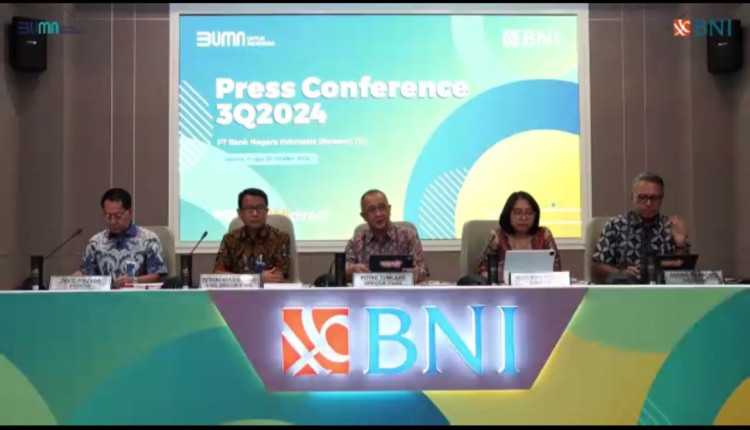BNI (Bank Negara Indonesia) has taken a substantial role in promoting green financing as part of its commitment to sustainable development. Recently, the bank allocated funds to environmentally-friendly projects, including waste-to-energy conversions, waste management, and sustainable land use, covering approximately 314,000 hectares of certified land. These projects aim to reduce Indonesia’s greenhouse gas emissions and foster eco-conscious industrial practices, particularly in high-impact industries like plantations, pulp and paper, and energy production.
Okki Rushartomo, BNI’s Corporate Secretary, highlighted the bank’s commitment to actively tracking emissions reduction. Beyond simply financing, BNI employs robust monitoring to ensure that funds are generating meaningful environmental impact. This strategy includes adapting methodologies for calculating emissions and classifying emission sources. For example, BNI applies a globally recognized accounting standard from the Partnership for Carbon Accounting Financials (PCAF), which offers a structured approach to calculate and report Scope 3 emissions. This includes emissions linked to corporate travel and financed projects, a critical area for understanding total environmental impact.
The bank’s proactive steps in sustainable finance align with Indonesia's goals to achieve net-zero emissions by 2060. To reach this target, BNI has incorporated these ESG (Environmental, Social, and Governance) goals into its corporate strategy, promoting the adoption of renewable energy and supporting Indonesia’s energy transition. The bank’s roadmap involves calculations of both Scope 1 and Scope 2 greenhouse gas emissions across its branches nationwide, a move aimed at enhancing transparency and sustainability reporting.
BNI’s initiative showcases how Indonesian financial institutions can act as key players in environmental sustainability by enabling green projects and adapting business practices to create lasting positive environmental impacts. Through its robust green financing programs and comprehensive environmental monitoring, BNI is positioning itself as a leader in sustainable finance, supporting the country’s journey toward a more sustainable future.
This proactive approach not only strengthens BNI’s reputation as a sustainable finance leader but also underscores its commitment to Indonesia’s broader climate goals, making significant contributions toward national and global environmental efforts.
Read More






 Wednesday, 25-02-26
Wednesday, 25-02-26







